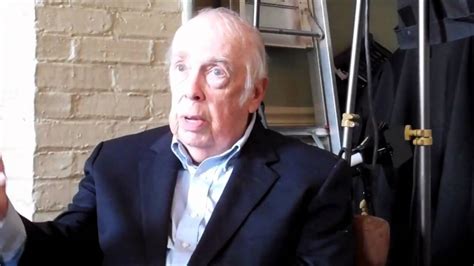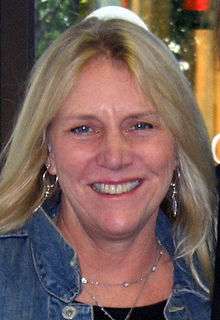A Quote by Anne Waldman
Certainly the beat writers I've known who carried forward the original, you know, I'd say that came together in the 1940s and 50s. So I was inheriting in a way some of that ethos.
Related Quotes
You know, it's a funny thing about writers. Most people don't stop to think of books being written by people much like themselves. They think that writers are all dead long ago--they don't expect to meet them in the street or out shopping. They know their stories but not their names, and certainly not their faces. And most writers like it that way.
Look what we are trying. You call it dharma, but it is not. What we are trying is to come together; come together to an understanding. The difference is, the discipline is, the commitment is that we are going to come together with the following guiding lines: 'May the long time sun shine upon you, all love surround you, and the pure light within you guide your way on.' When we came together we decided we would guide our way on. My way and your way we already know, so we do not need to learn that. Each one of you knows 'my' way and 'your' way. All we have to learn is 'our' way."
Certainly, we all have within us the potential to live in a hugely different way. And how happy you can make yourself, I think, a lot depends on how much you beat yourself up about that; and how much you can, in some sort of providential way, console yourself and say, 'Well, it's all worked out for the best, in the best of all possible worlds.'






































